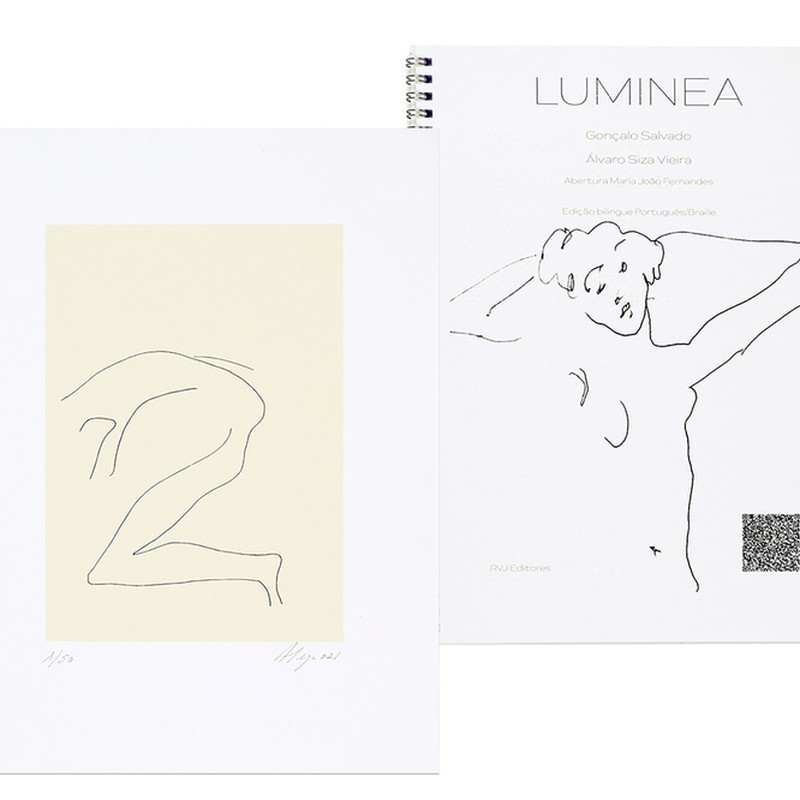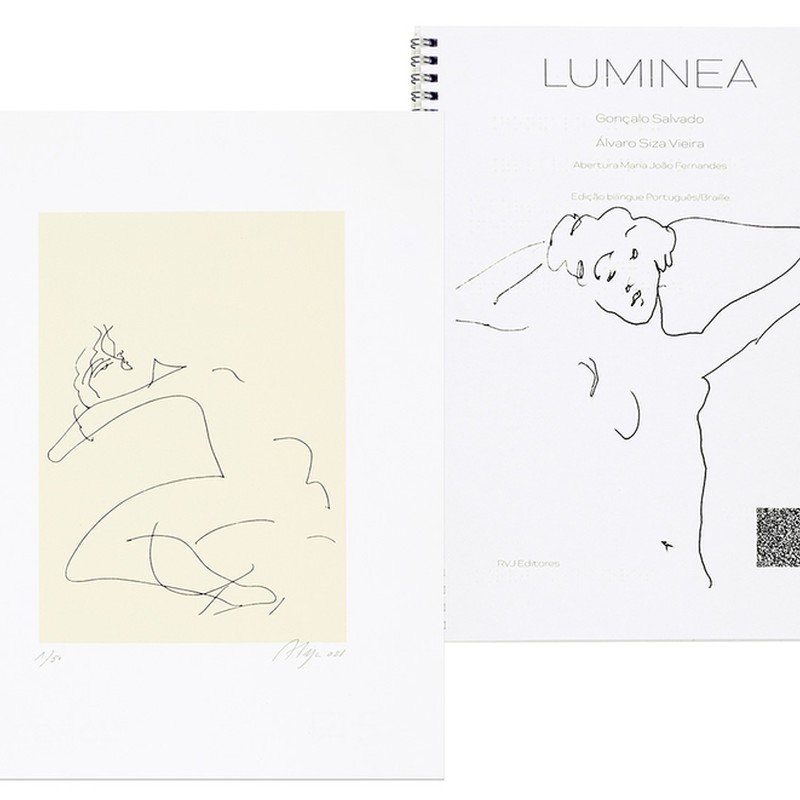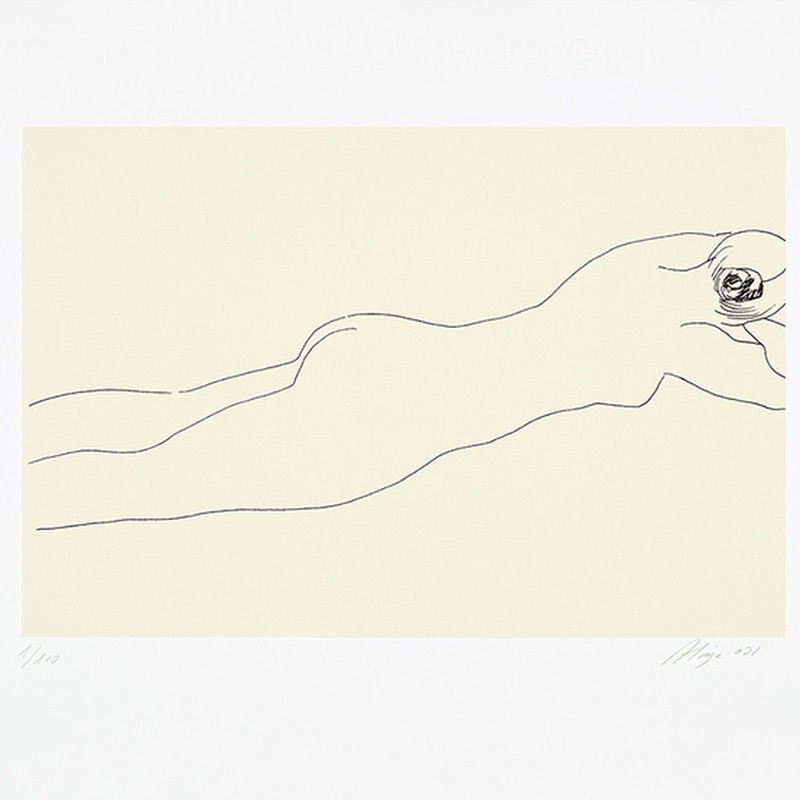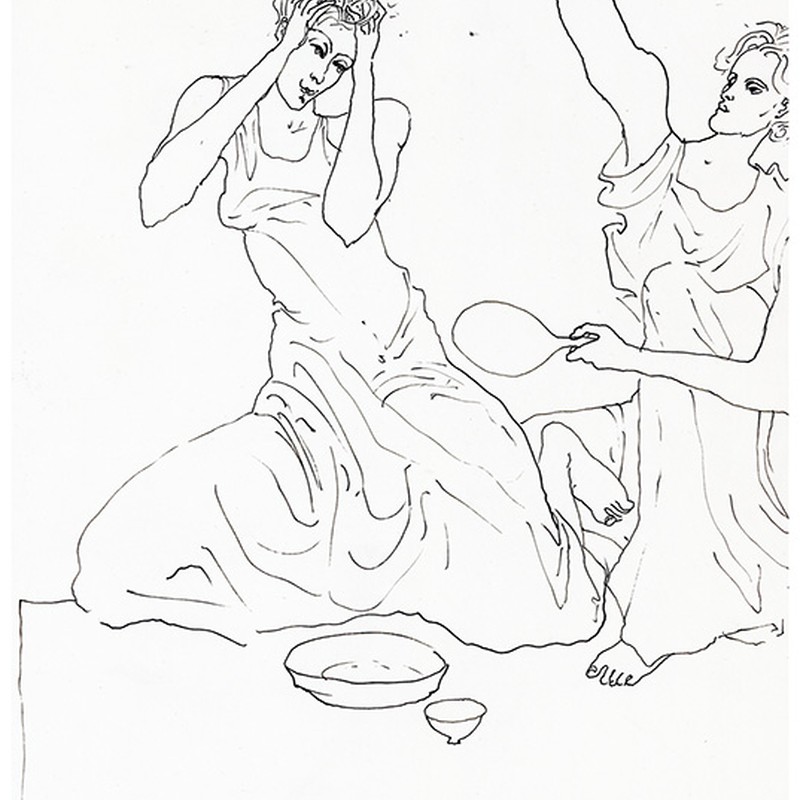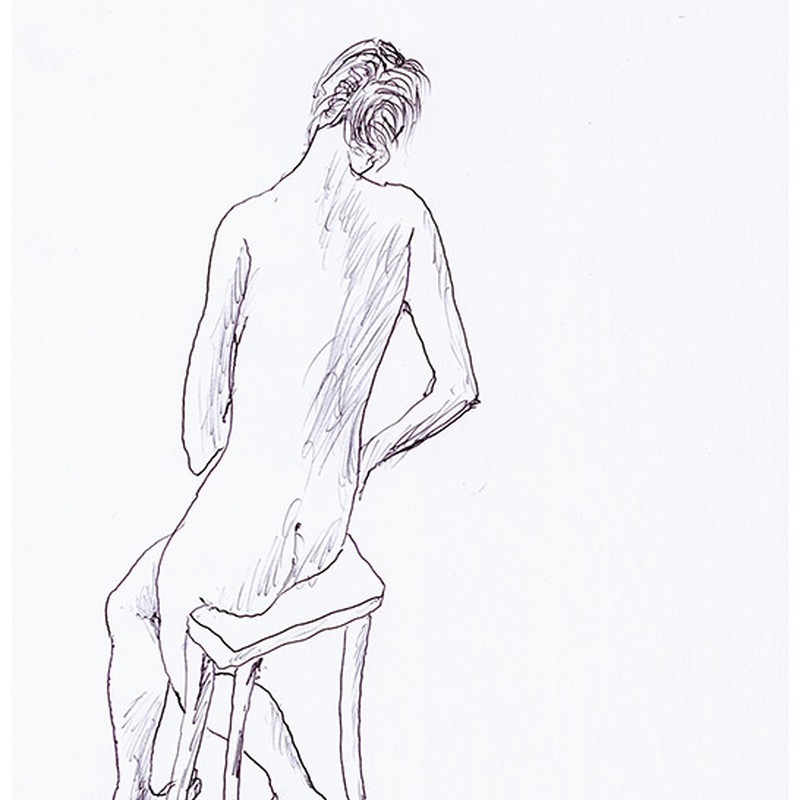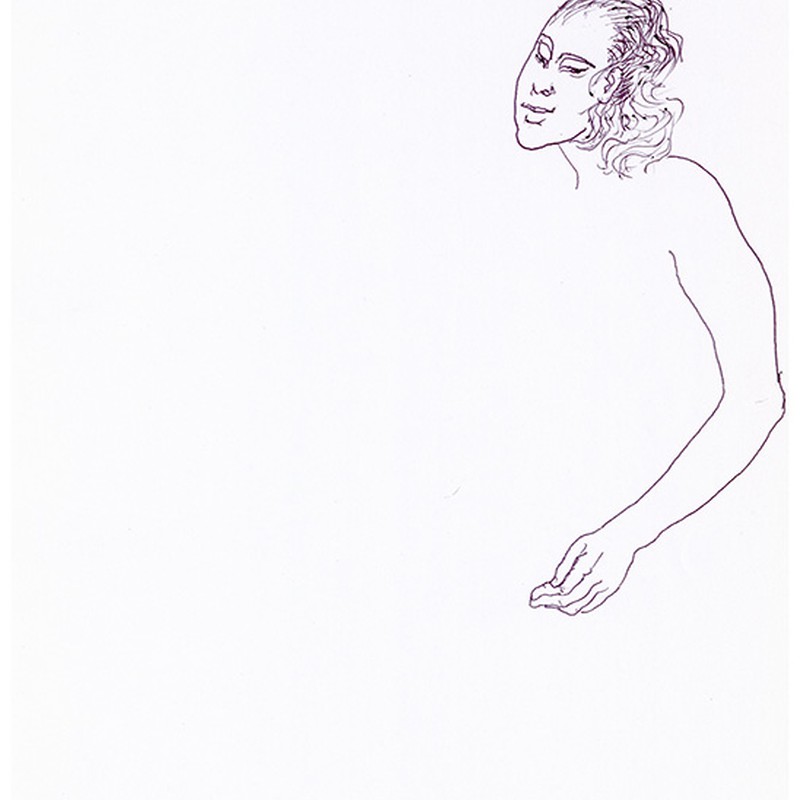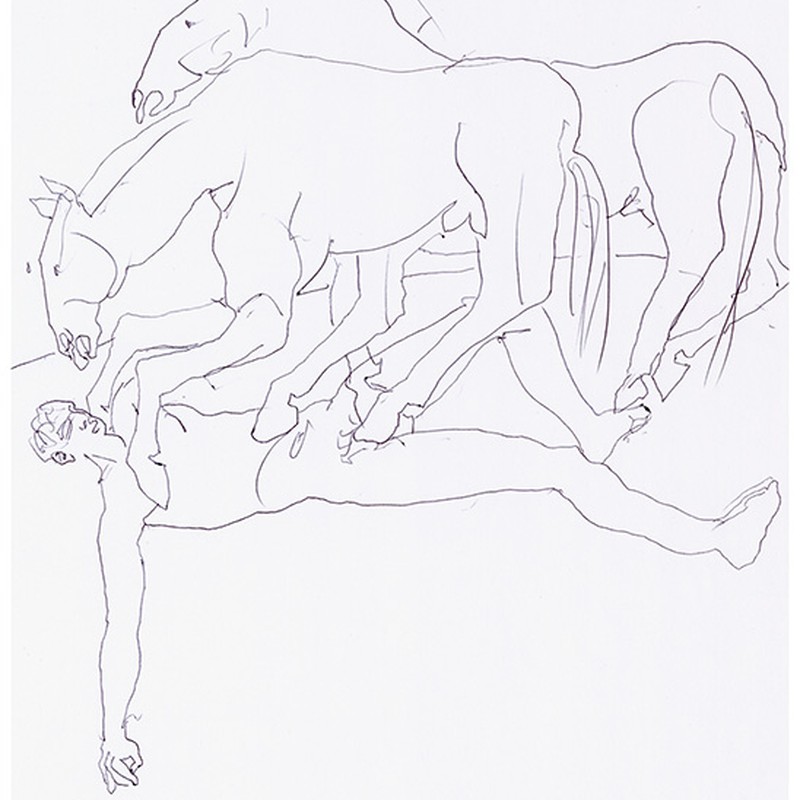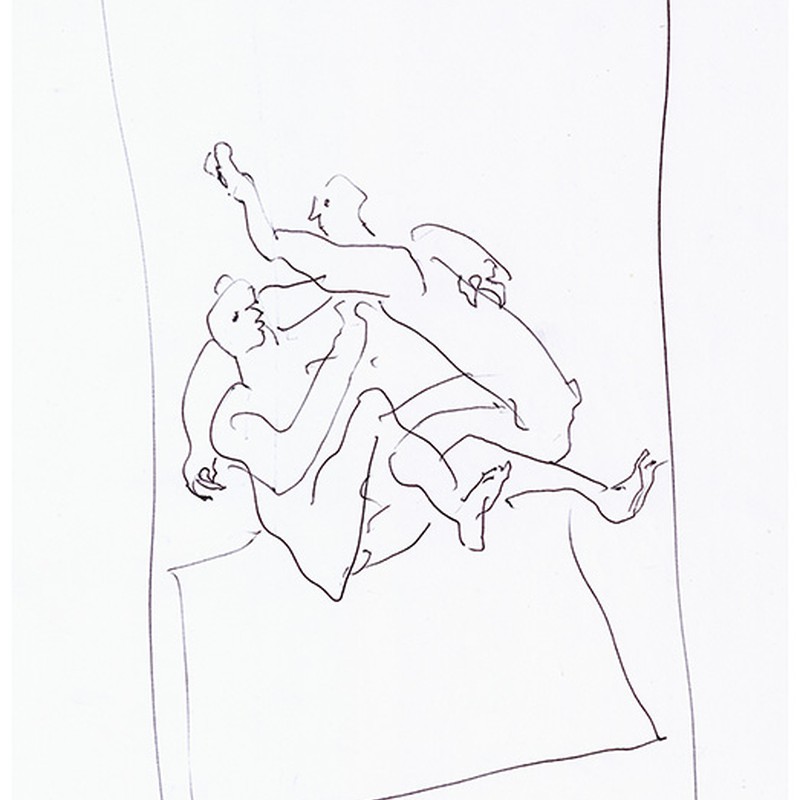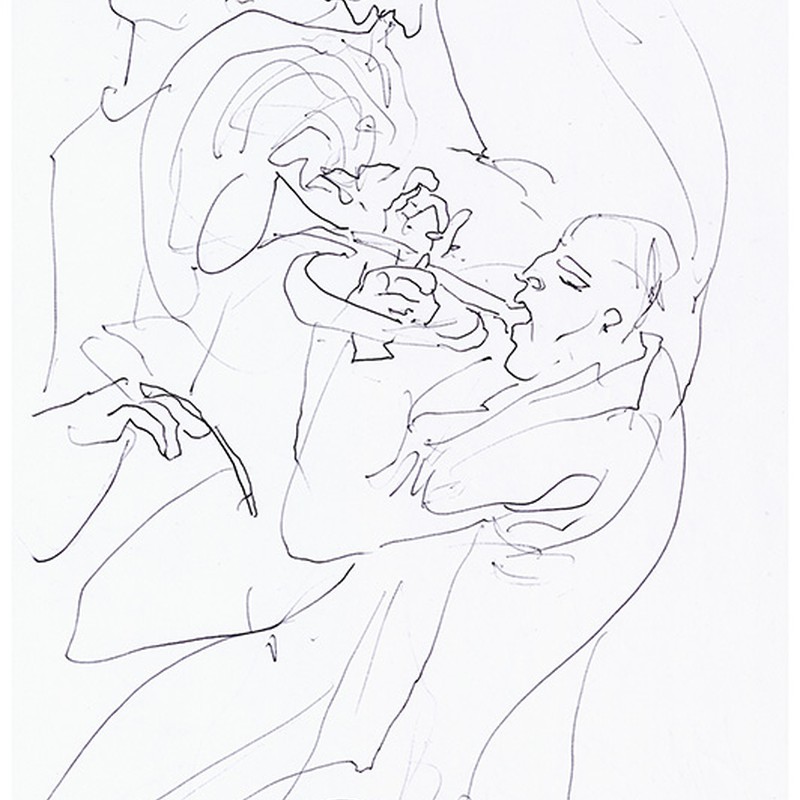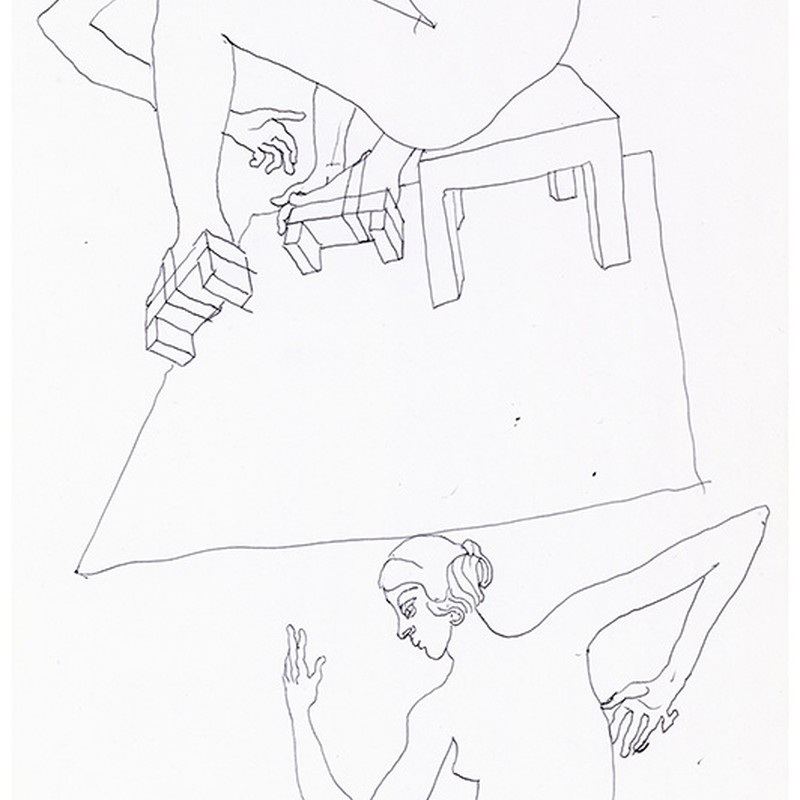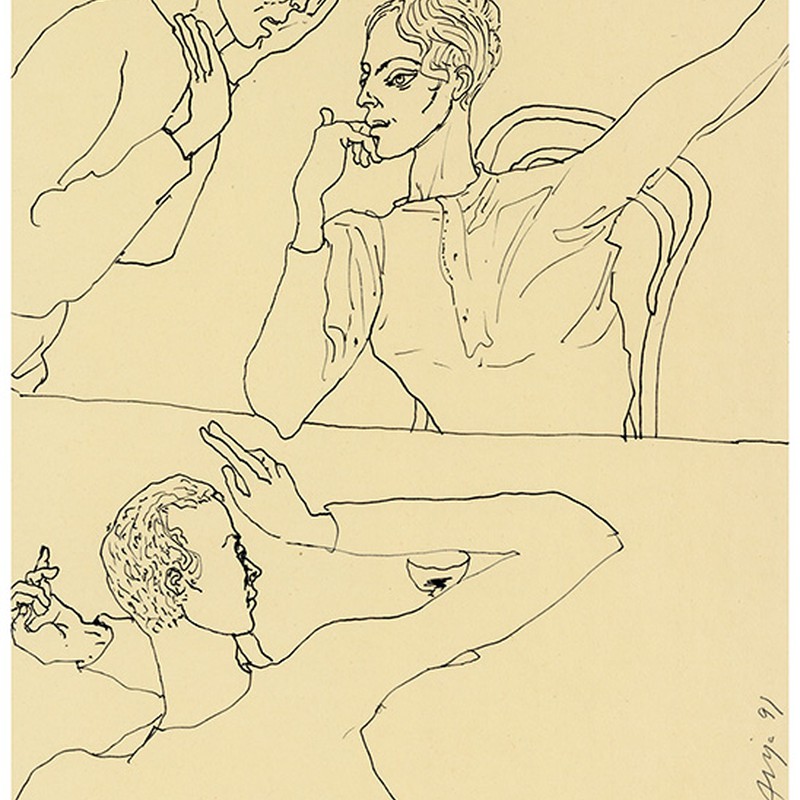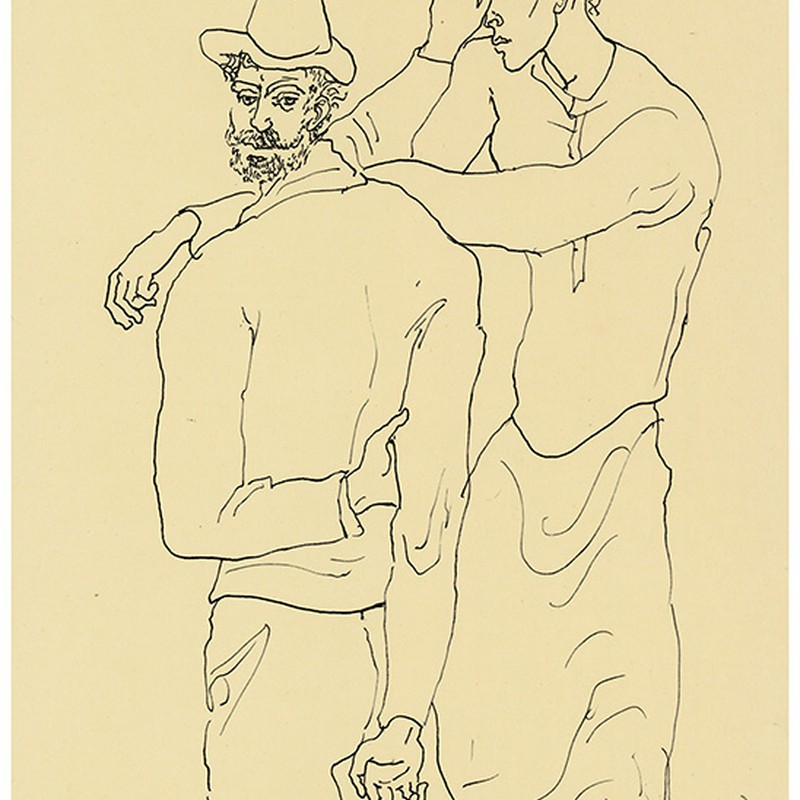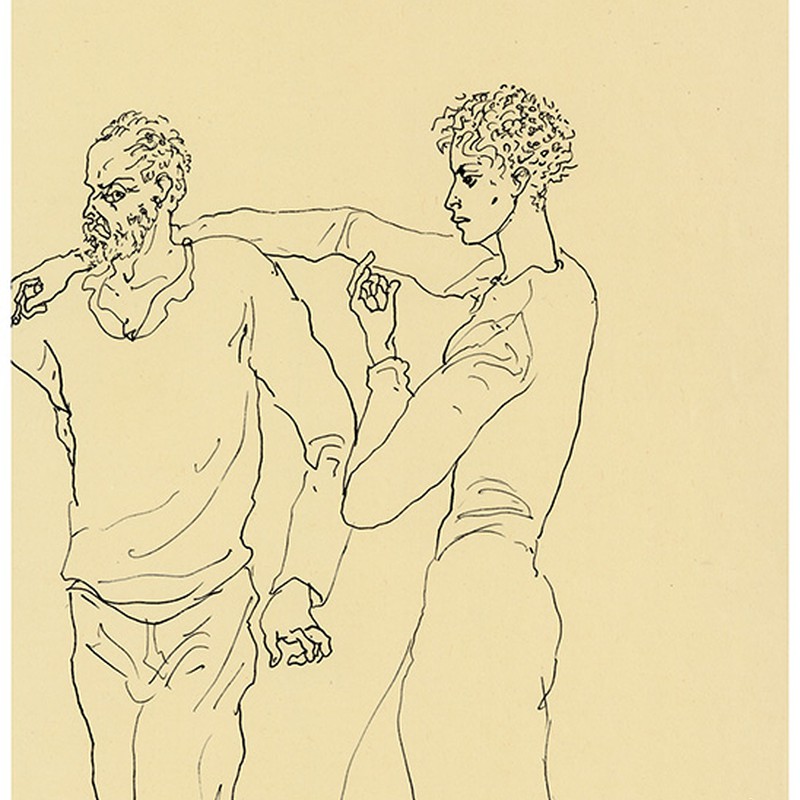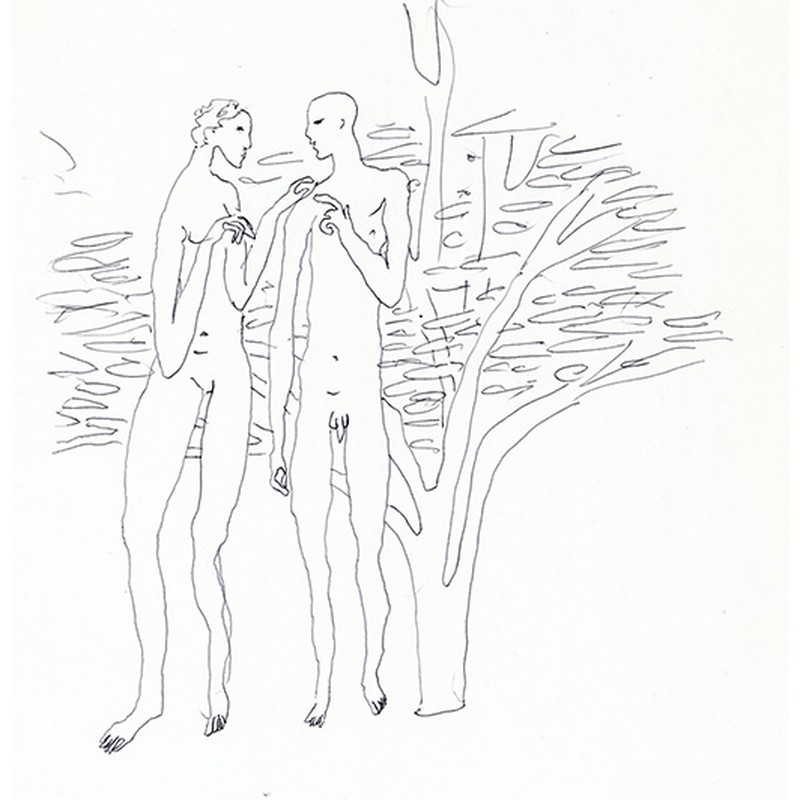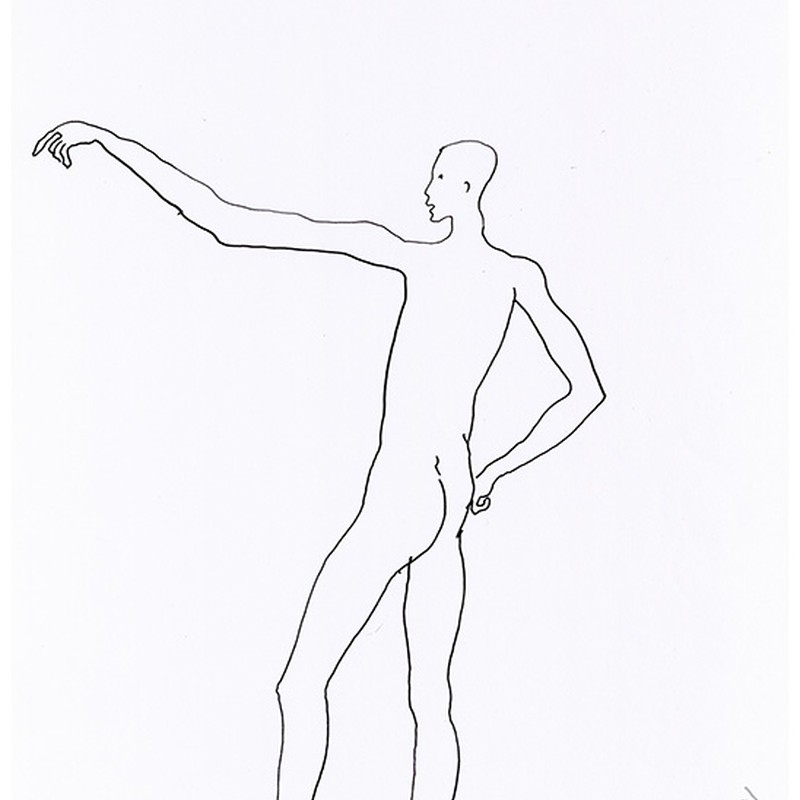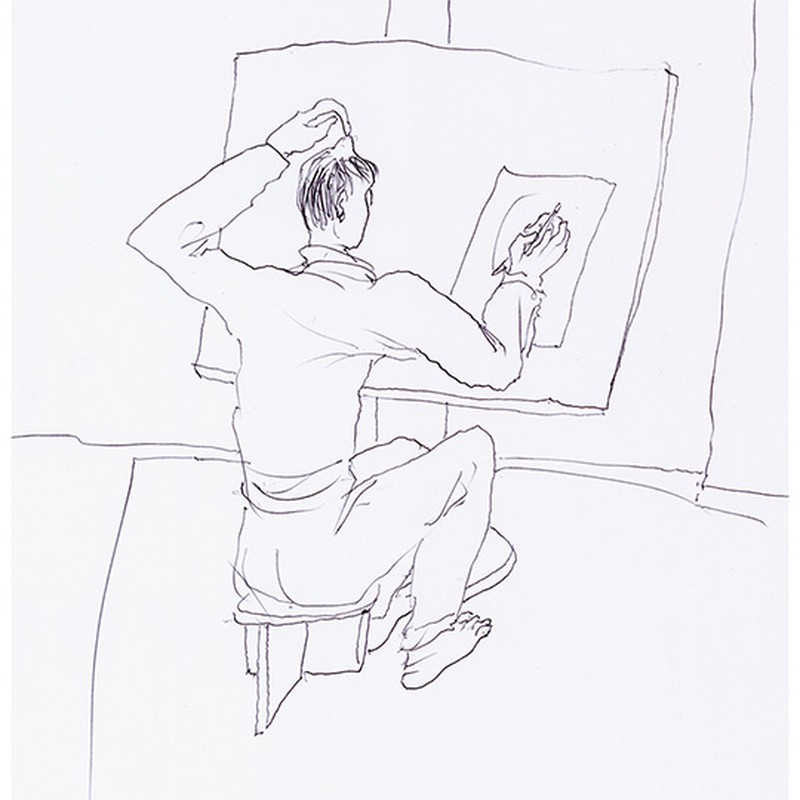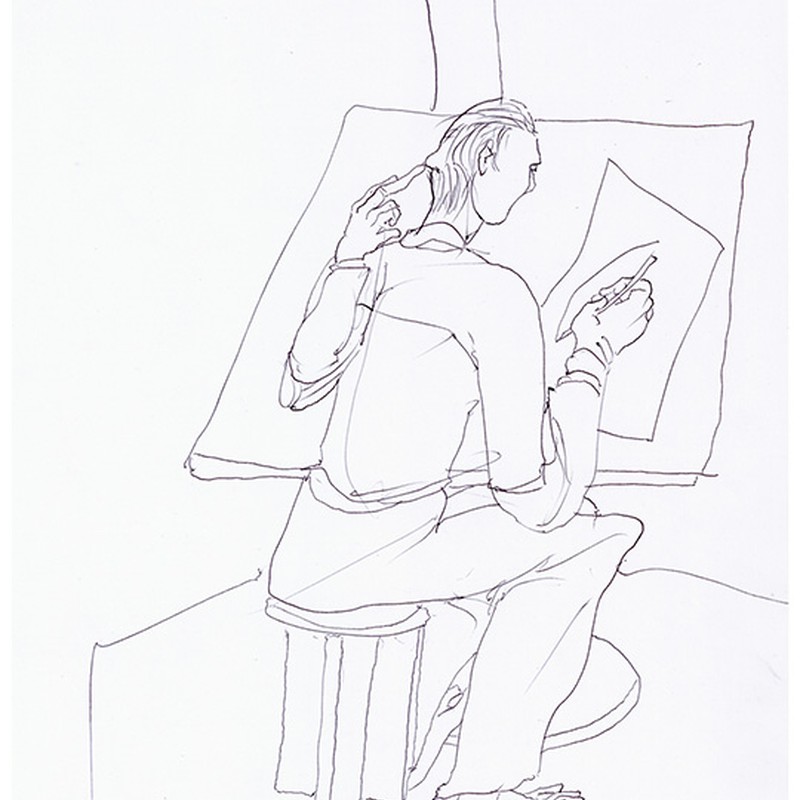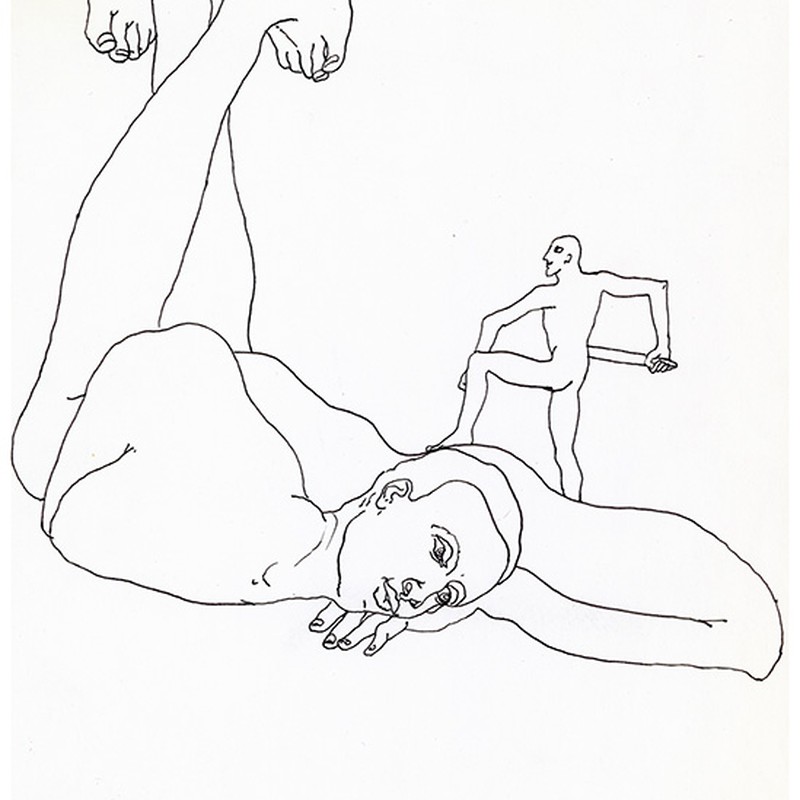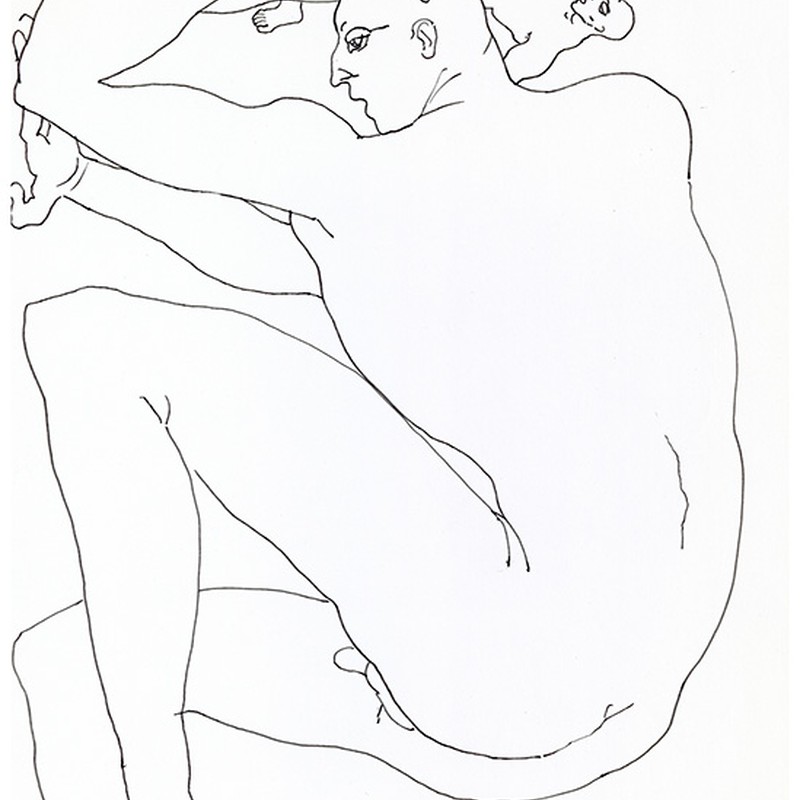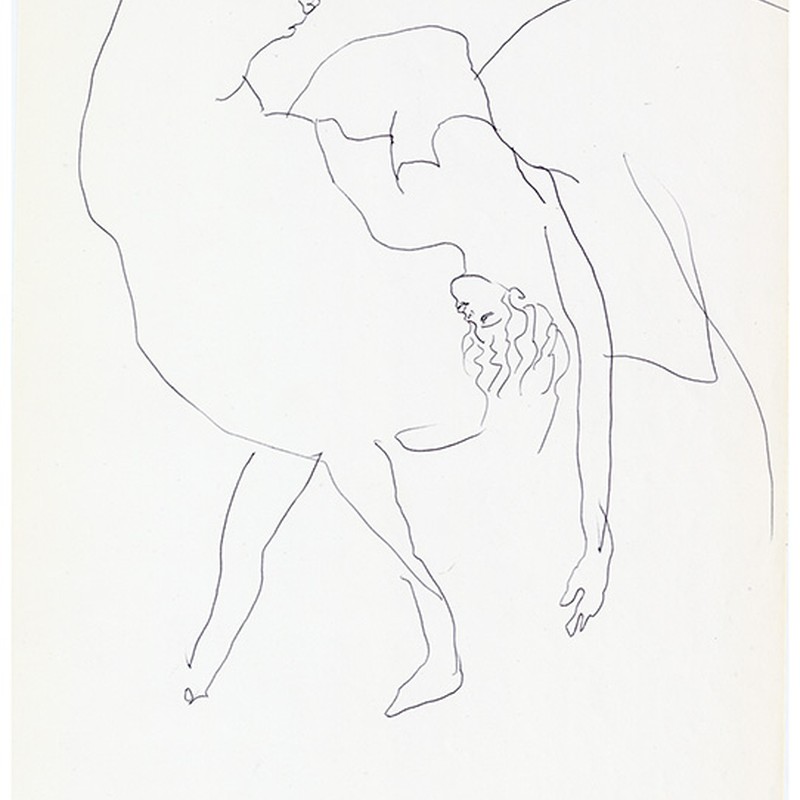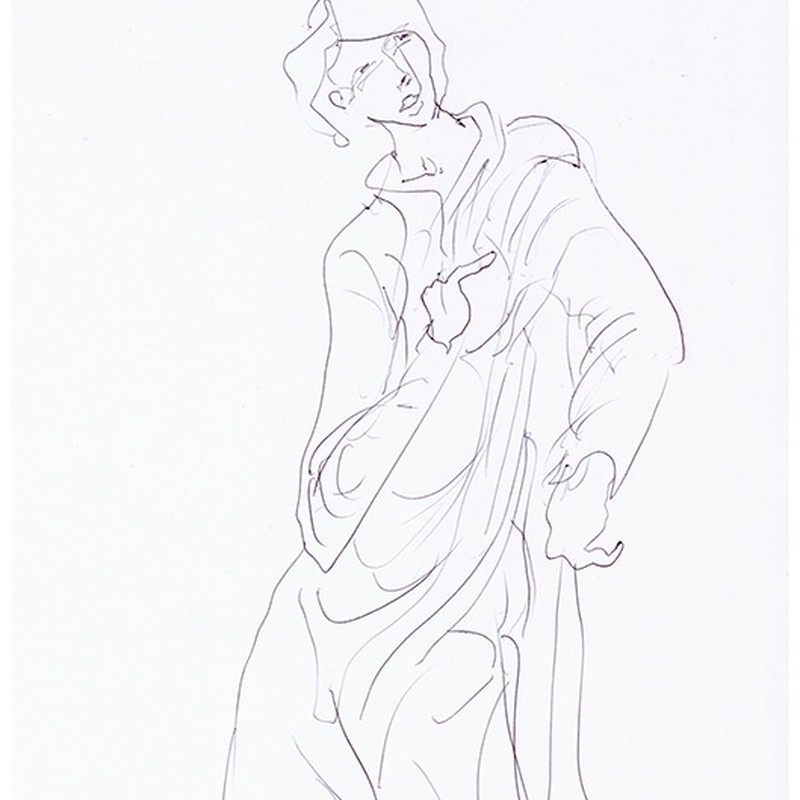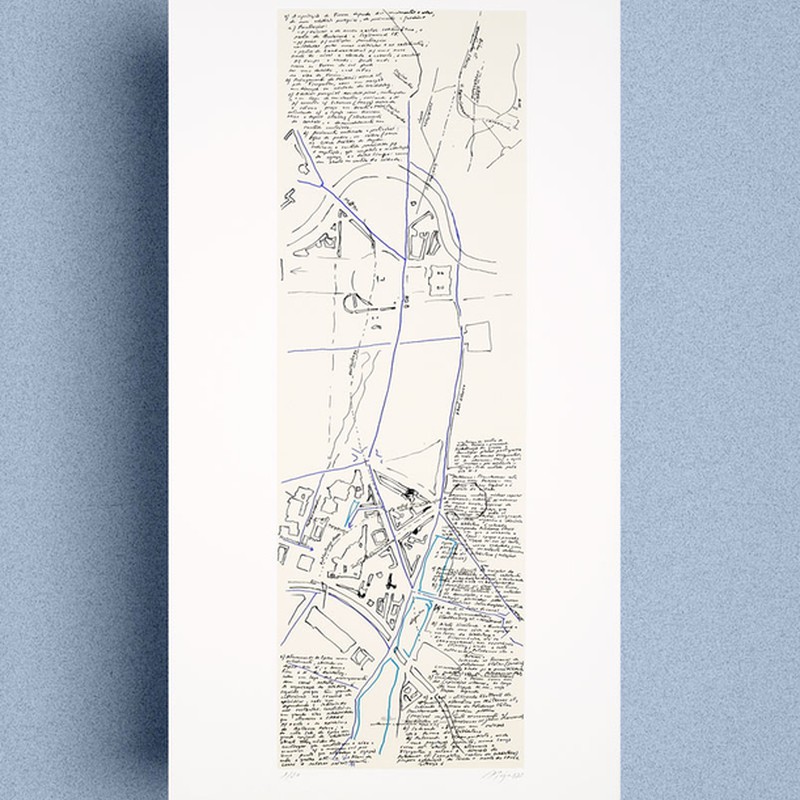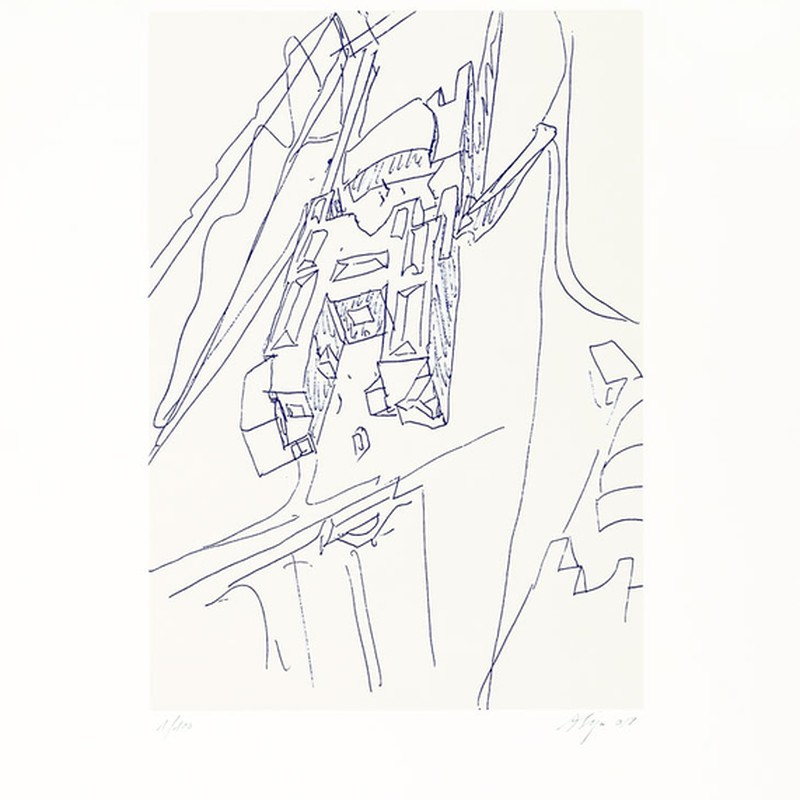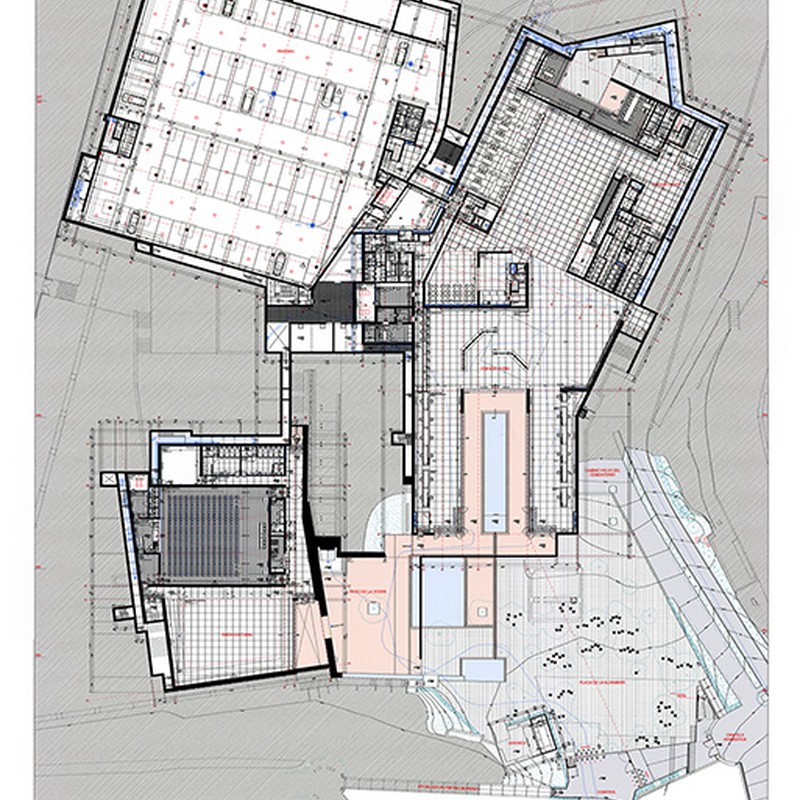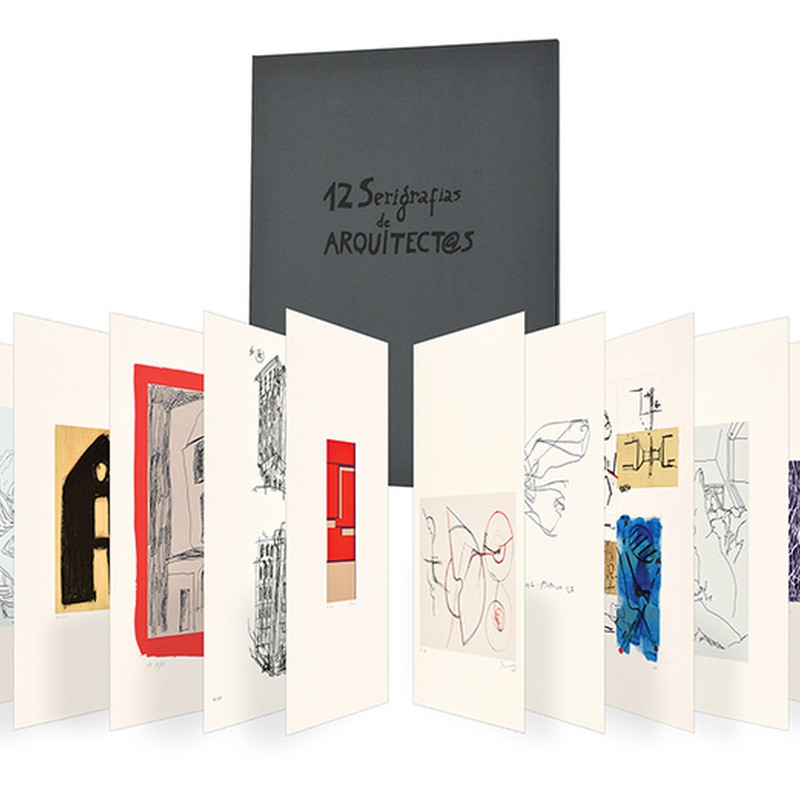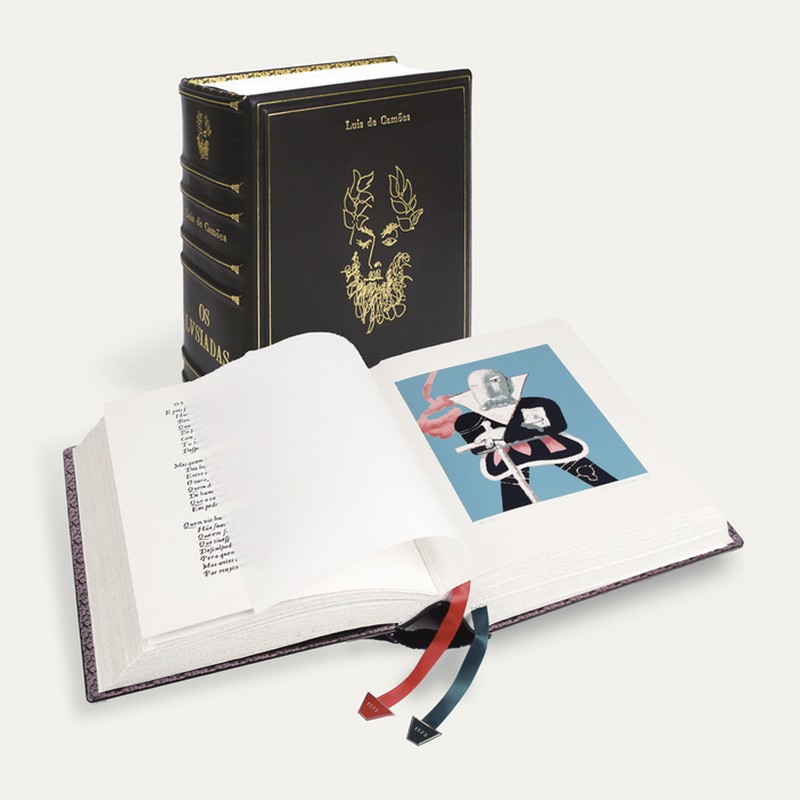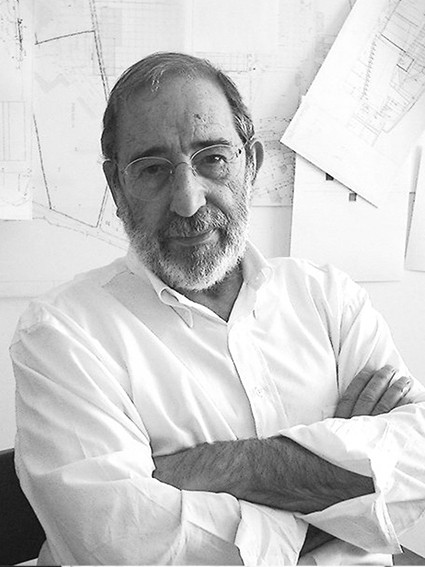
Álvaro Siza
Álvaro Joaquim de Melo Siza Vieira, internationally known as Siza Vieira or Álvaro Siza, is the most awarded Portuguese contemporary architect.
He was born in Matosinhos in 1933. He studied between 1949 and 1955 at the Escola Superior de Belas-Artes do Porto, where he taught from 1966 to 1969, returning in 1976 (always as assistant professor).
Strongly influenced by the works of the architects Adolf Loos, Frank Lloyd Wright and Alvar Aalto, he soon developed his own language, soaked not only in international modernist references but also in the strong Portuguese building tradition, which resulted in works of great refinement and detail in Portuguese modernism, such as the Boa Nova Tea House in Leça da Palmeira.
His works can be found all over the world, from America to Asia, in countries such as Portugal, Spain, the Netherlands, Belgium, Brazil, South Korea and the United States, among others. He is the author of the plan for the reconstruction of the Chiado area in Lisbon, destroyed by the fire of 1988.
He has received numerous Awards, namely: in 1988, the Gold Medal of the Alvar Aalto Foundation, the Prince of Wales Award from Harvard University and the European Architecture Award from the Commission of the European Communities/Mies Van der Rohe Foundation.
In 1992, he was the first Portuguese to receive the Pritzker Prize from the Hyatt Foundation in Chicago for the body of his work. In 1998, he was awarded the Praemium Imperiale by the Japan Art Association, Tokyo. In 2002 and later in 2012, he receives the Golden Lion at the Venice Biennale.
He is a member of the American Institute of Arts and Science and an "Honorary Fellow" of the Royal Institute of British Architects.
In 1992 he receives the Pritzeker Architecture Prize, awarded since 1979 to the greatest names in world architecture. Doctor "Honoris Causa" by the University of Valencia in 1992, by the Federal Polytechnic School of Lausanne in 1993 and by the University of Palermo in 1995.

